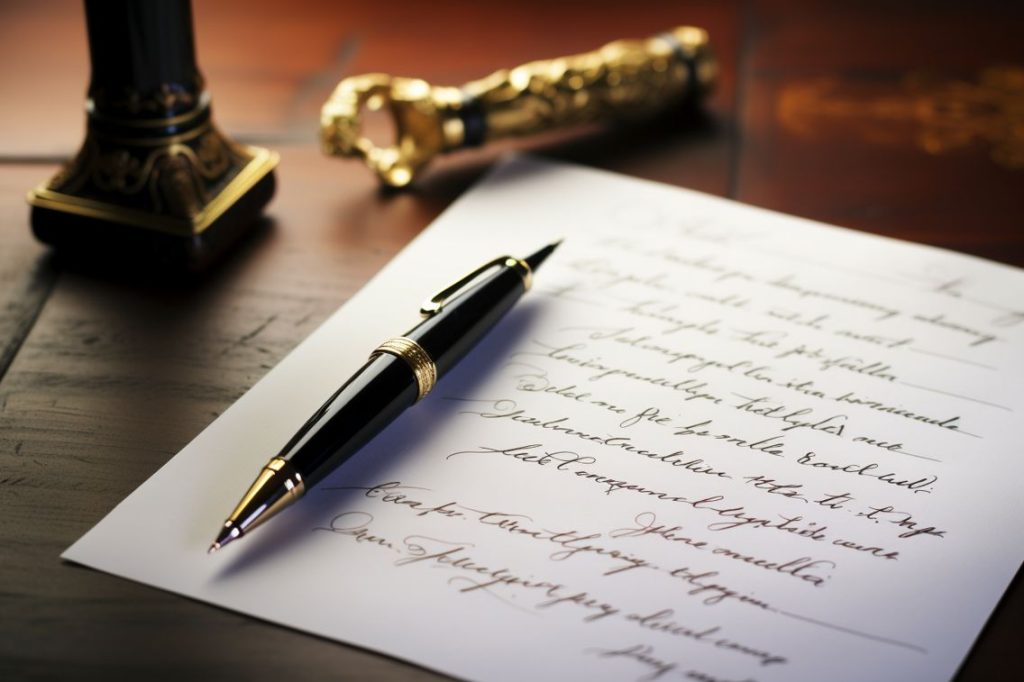Learn how to respond to expressions of appreciation with the 30 best examples in this article. Discover the power of accepting praise and how it can improve relationships and self-esteem. Find tips on improving your social skills and choosing the perfect response for different relationships, as well as the importance of body language and reciprocating gratitude. Plus, get answers to frequently asked questions like what to say when someone appreciates you and how to respond to appreciation in a text message.
Table of contents:
- Understanding the Power of Appreciation
- Mastering the Art of Responding to Apprecation
- 30 Best Responses to ‘I Appreciate You’
- Body Language When Responding to Appreciation
- Handling Different Scenarios of ‘I Appreciate You’
- Frequently Asked Questions (FAQ)
Understanding the Power of Appreciation
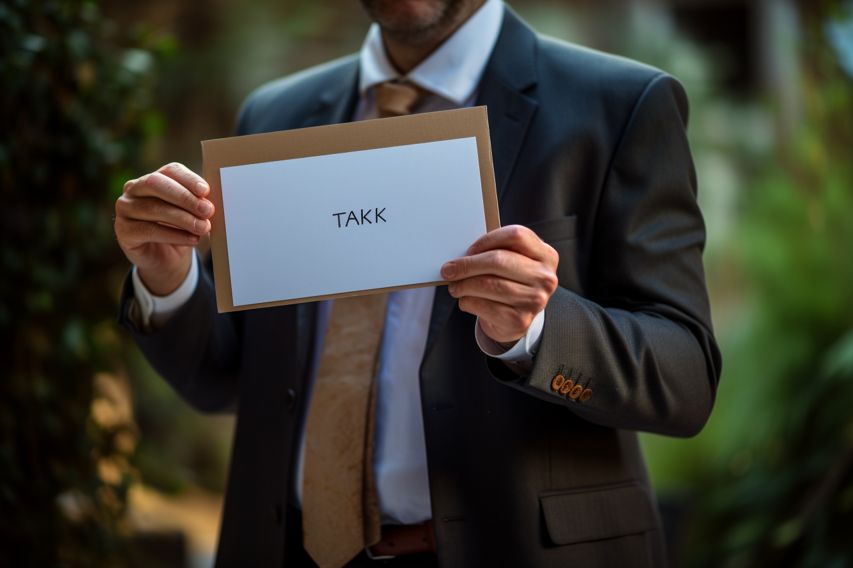
Appreciation can have a significant impact on both personal self-esteem and interpersonal relationships. This section explores the profound influence of appreciation by discussing its effects and examining why accepting praise can be difficult for some individuals.
The Impact of ‘I Appreciate You’
The power of appreciation cannot be understated, as it plays a crucial role in fostering healthy relationships and boosting self-esteem1. When people express their gratitude or appreciation, it helps strengthen bonds between them, creating a sense of belonging and understanding. Furthermore, receiving appreciation can positively influence one’s self-esteem, making individuals feel valued, seen, and respected. In turn, this emotional support contributes to a stronger sense of self-worth and overall well-being.
Why Accepting Praise Can Be Difficult
Despite the importance of appreciation, some people find it challenging to accept compliments or gratitude. There are several factors behind this difficulty, including social anxiety, self-esteem issues, and lack of experience in receiving appreciation.
-
Social anxiety: Those with social anxiety may fear being judged negatively or feel as though they do not deserve the praise. This anxiety can make it difficult for them to accept appreciation genuinely and comfortably.
-
Self-esteem issues: Individuals with low self-esteem might struggle to believe they are worthy of praise. As a result, when someone expresses appreciation, they may doubt its sincerity or feel uncomfortable.
-
Lack of experience: For some, a lack of experience in receiving appreciation can contribute to their difficulty in accepting it. They might not know how to respond appropriately or may feel awkward when faced with praise.
By recognizing the power of appreciation and understanding the challenges that some face in accepting praise, we can better navigate the complexities of interpersonal relationships and foster a genuine sense of gratitude and value in our interactions.
Mastering the Art of Responding to Apprecation
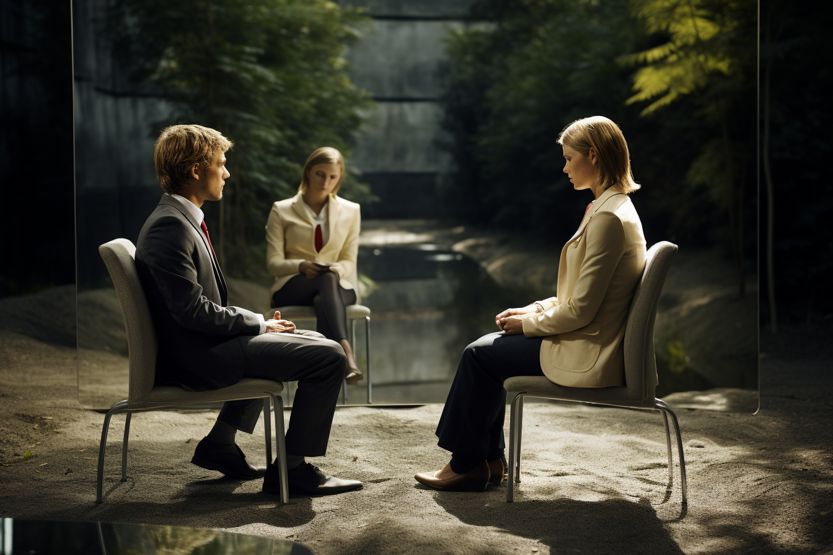
To develop competency in responding to appreciation, it is essential to work on improving social skills while selecting the perfect response. This section will delve into these aspects, helping readers become more comfortable and genuine in their interactions.
Improving Social Skills Through Practice
Responding to appreciation is a crucial aspect of interpersonal communication, and improving social skills in this area can enhance relationships and personal confidence. Regular practice is an effective way2 to hone your abilities in expressing gratitude, empathy, and understanding. As with any skill, practice responding to appreciation consistently and in various situations, such as work, social gatherings, or daily interactions with friends and family.
The more you practice responding to appreciation, the more comfortable you will become in social situations. This can alleviate discomfort during social interactions and improve overall communication. Additionally, recognizing the importance of an authentic response will further strengthen your bonds with others.
Choosing the Perfect Response
When someone expresses their appreciation, it’s essential to choose an appropriate response that aligns with the nature of the relationship and feels genuine3. The following tips will guide you in selecting an authentic response that best suits the situation:
-
Consider the context: Understanding the context of the appreciation is vital. Responding to appreciation in a professional setting may require a different approach compared to a casual or personal interaction.
-
Acknowledge the appreciation: Recognize the effort that the other person made to express their gratitude. A simple “thank you” or “I appreciate your kind words” acknowledges their sentiment and demonstrates that you value their opinion.
-
Match the tone: Pay attention to the tone and language of the person expressing appreciation. Choose a response that aligns with their emotional state and communication style for an appropriate response.
-
Assess the relationship: The nature of your relationship with the person offering appreciation will influence your response. Responding to appreciation from a close friend may be more informal and personal, while interactions with colleagues or acquaintances might call for a more professional and polished reply.
-
Be genuine: Whatever response you select, it is crucial to be sincere and heartfelt. An authentic response will resonate more with the person who expressed appreciation and will foster a stronger connection.
By practicing these strategies and choosing an appropriate response, you can master the art of responding to appreciation. This will not only improve your social skills but also create more meaningful and genuine interactions with others.
30 Best Responses to ‘I Appreciate You’
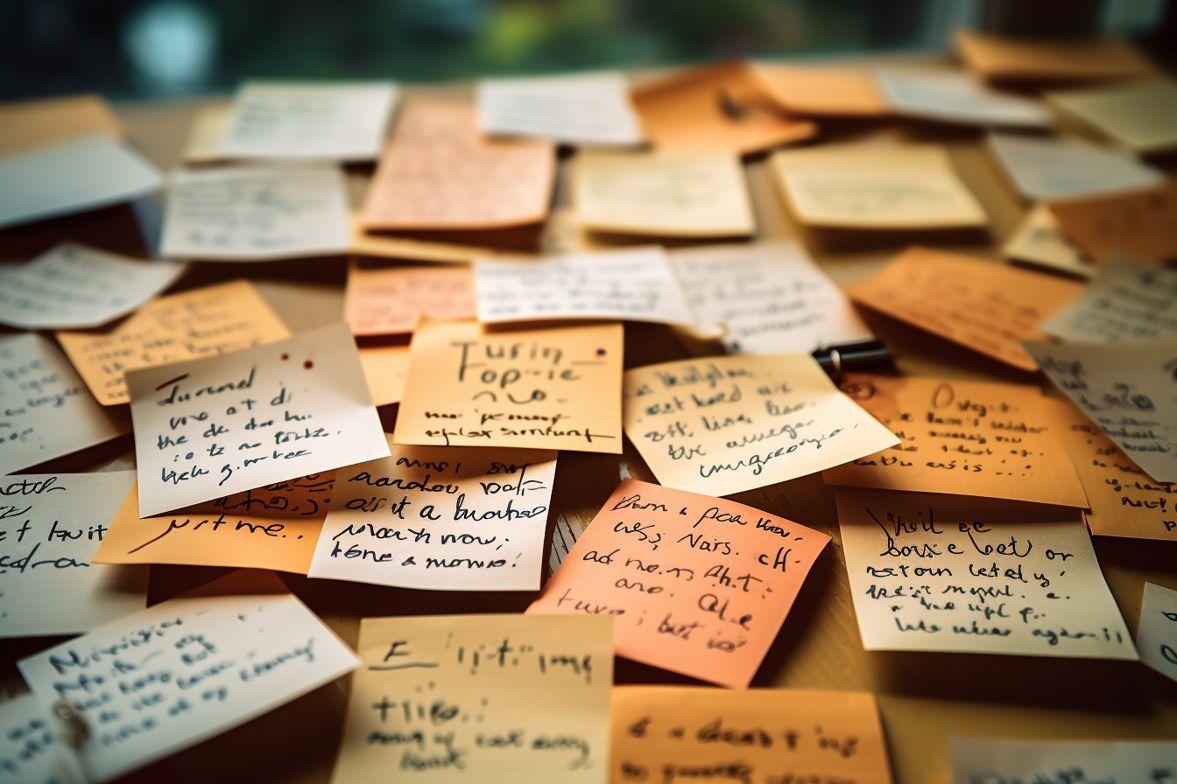
Understanding how to respond to expressions of appreciation is crucial for fostering positive relationships4, both personally and professionally. Here are 30 examples to help you navigate these situations effectively.
Responses for Professional Relationships
When a coworker or superior expresses their appreciation, it’s essential to respond professionally while acknowledging their sentiment. Consider the following examples:
- Thank you for your kind words, they mean a lot to me.
- I’m glad I could be of assistance, and I appreciate your support.
- It’s always a pleasure to work with you!
- Your recognition motivates me to continue doing my best.
- I’m grateful for the opportunity to contribute to our team’s success.
- Thank you for acknowledging my efforts; I’ll continue to strive for improvement.
- Working together has been a great experience, and I appreciate your guidance.
- Your feedback is valuable and encourages me to grow professionally.
- Thank you for trusting me with this responsibility; I won’t let you down.
- It’s been an honor to collaborate with someone as experienced as you.
Responses for Personal Relationships
When a loved one, friend, or partner expresses their appreciation, your response should convey warmth and sincerity. Here are some heartfelt examples:
- I appreciate you too, and I’m so grateful to have you in my life.
- Your words mean the world to me, thank you.
- I’m lucky to have someone as caring and supportive as you.
- The feeling is mutual; I truly cherish our relationship.
- Thank you for always being there for me, it means more than words can express.
- Your love and support have been invaluable, and I appreciate you deeply.
- It’s a gift to share this journey with someone as special as you.
- I treasure the bond we have, and I’m grateful for your appreciation.
- Thank you for brightening my days with your love and kindness.
- Your appreciation touches my heart, and I’m so thankful to have you by my side.
Creative and Funny Responses
- “Well, I must say, I’ve got impeccable taste because I appreciate me too!”
- “Quick, make a wish! You’ve just encountered one of the rare moments I’m speechless.”
- “Glad someone notices my awesomeness, even if it’s taken you this long!”
- “I was aiming for ‘tolerable’, but I’ll gladly take ‘appreciated’.”
- “Well, aren’t we making the mutual admiration society official today?”
- “Do I get a trophy? I’ve always wanted a trophy.”
- “I knew wearing this shirt today would make me more appreciable.”
- “Thanks! I’ll try not to let it go to my head, but no promises.”
- “I’d like to thank my mom, my manager, and all the little people… oh wait, wrong speech.”
- “Alert the press! I’ve just been appreciated. Let’s mark this day on the calendar.”
Remember, when responding to appreciation in any scenario, it’s essential to remain genuine and sincere5 in your words. By using these examples as a starting point, you can adapt them to suit your unique relationships and feel confident expressing your gratitude in return.
Body Language When Responding to Appreciation
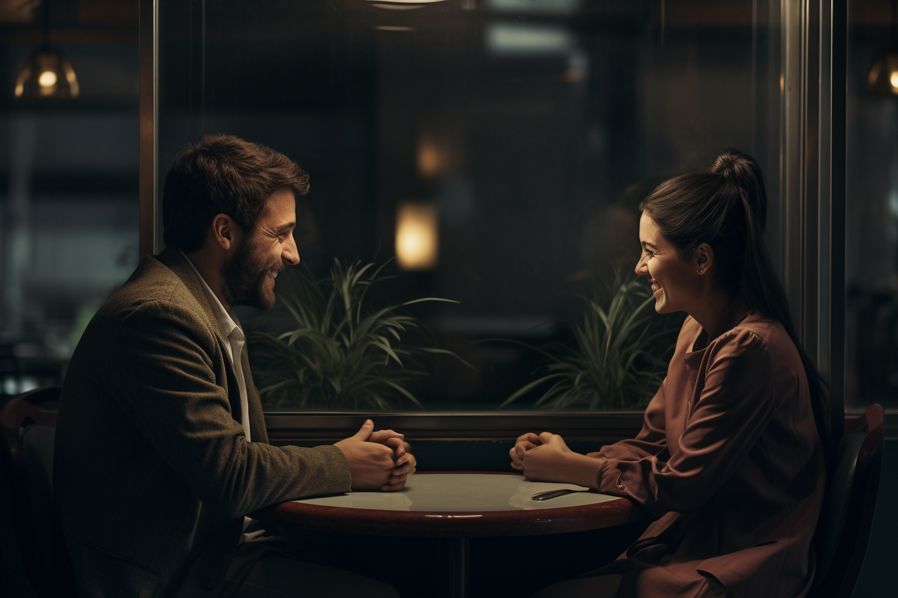
In this section, we explore the significance of non-verbal cues when acknowledging appreciation and how reciprocating the sentiment can enhance relationships.
The Role of Eye Contact and Smiles
When responding to appreciation, our body language plays a crucial role in conveying sincerity and warmth. Maintaining eye contact is a powerful way to establish a connection and show that you truly value the person’s words. A genuine smile, on the other hand, reinforces your appreciation of their kind gesture and can even help diffuse any lingering awkwardness or tension. Together, eye contact and an authentic smile serve as silent yet potent signals that convey your gratitude for the appreciation you receive.
Expressing Gratitude in Return
While the initial response to appreciation is important, expressing gratitude in return can foster relationships and establish a positive cycle of gratitude. By reciprocating appreciation, you acknowledge the other person’s efforts6 and reinforce the bond you share. This exchange of gratitude strengthens the connection between you both and encourages a nurturing environment of mutual support and appreciation. Learning to express gratitude in return is not only a display of good manners but also a means to promote a culture of kindness and understanding in your personal and professional life.
In summary, mastering body language when responding to appreciation involves perfecting the art of eye contact, smiling genuinely, and reciprocating gratitude. By doing so, you enhance your relationships and contribute to an atmosphere of mutual respect and appreciation.
Handling Different Scenarios of ‘I Appreciate You’

Navigating the various scenarios of appreciation can be tricky, but mastering the art of responding appropriately will help create genuine connections and foster meaningful relationships. This section will focus on responding to appreciation from a girl and crafting the perfect text response.
When a Girl Says ‘I Appreciate You’
It’s essential to pay attention to the context and underlying emotions7 when a girl voices her appreciation. In responding to appreciation from a girl, keep your reply sincere, respectful, and relevant to her feelings. A few suggestions:
- Acknowledge her feelings: “Thank you, I’m glad my actions made you feel appreciated.”
- Reciprocate the sentiment: “I appreciate you too, and I’m grateful for the bond we share.”
- Discuss the situation: “I’m happy I could help, what was it that you found most valuable?”
When Someone Says ‘I Appreciate You’ in Text
The art of formulating the ideal text response to appreciation lies in conveying your gratitude warmly and genuinely8. Consider these tips when crafting your reply to ‘I appreciate you’ in text:
- Be concise and direct: “Thank you, that means a lot to me!”
- Emphasize the importance of the relationship: “Thanks, I appreciate you too! It’s great to have someone like you in my life.”
- Express a future-oriented sentiment: “I appreciate your kind words. I look forward to continuing to support one another.”
By understanding and adapting your response to the specific scenario at hand, you can effectively convey your gratitude and nurture valuable relationships.
Frequently Asked Questions (FAQ)
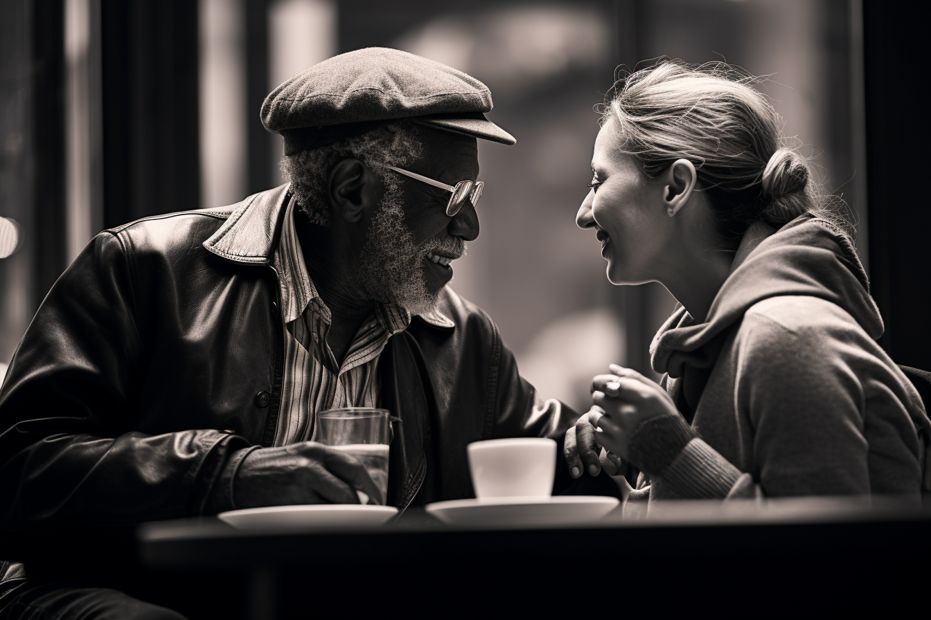
1. What is the importance of responding to ‘I appreciate you’?
Responding to ‘I appreciate you’ is crucial because it acknowledges the sentiment expressed, strengthens bonds, and demonstrates gratitude. A thoughtful response can create a positive atmosphere and contribute to the development of healthier relationships9.
2. How can I practice appreciation responses effectively?
To practice appreciation responses effectively, consider role-playing scenarios with friends or family, rehearsing in front of a mirror, or recording yourself. Reflect on different situations and relationships to adjust your response accordingly. This will help build your confidence in responding to appreciation naturally and genuinely.
3. Is it necessary to respond verbally to ‘I appreciate you’?
Although verbal responses are common, non-verbal cues like a smile, a nod, or a hug can also effectively convey your acknowledgment and gratitude. Depending on the relationship and the situation, choose an appropriate response that feels genuine and comfortable.
4. Can I use humor when responding to appreciation?
Yes, using humor when responding to appreciation can be acceptable, depending on the context and your relationship with the person expressing gratitude. Ensure the humor is light-hearted and does not undermine the sincerity of the appreciation.
5. How can I ensure my response to ‘I appreciate you’ is genuine?
To ensure your response to ‘I appreciate you’ is genuine, focus on the feelings and emotions associated with the gratitude expressed. Reflect on the appreciation and choose a response that aligns with your emotions, relationship, and the specific context.
6. What if I feel uncomfortable or do not know how to respond when someone says ‘I appreciate you’?
If you feel uncomfortable or unsure of how to respond, practice responding to appreciation to build your confidence. Start with simple responses like ‘Thank you’ or ‘I appreciate that’ and gradually incorporate more personalized responses as you become more comfortable. Remember, it is better to respond with a brief but genuine acknowledgment than to ignore the appreciation.
- The Interplay of Self-Esteem, Gratitude, and Interpersonal Relationships ↩︎
- The Influence of Authentic Feedback on Relationship Dynamics ↩︎
- Influence of Social Skills Training on Modern Adolescents’ Behavior ↩︎
- News Bureau | ILLINOIS ↩︎
- Authentic Communication: What Does It Mean, Why It’s ↩︎
- Expressing Gratitude to a Partner Leads to More ↩︎
- Preferences for Written and Spoken Expressions of Thanks ↩︎
- Emotional Context in Communication and Social Interactions ↩︎
- News Bureau | ILLINOIS ↩︎



